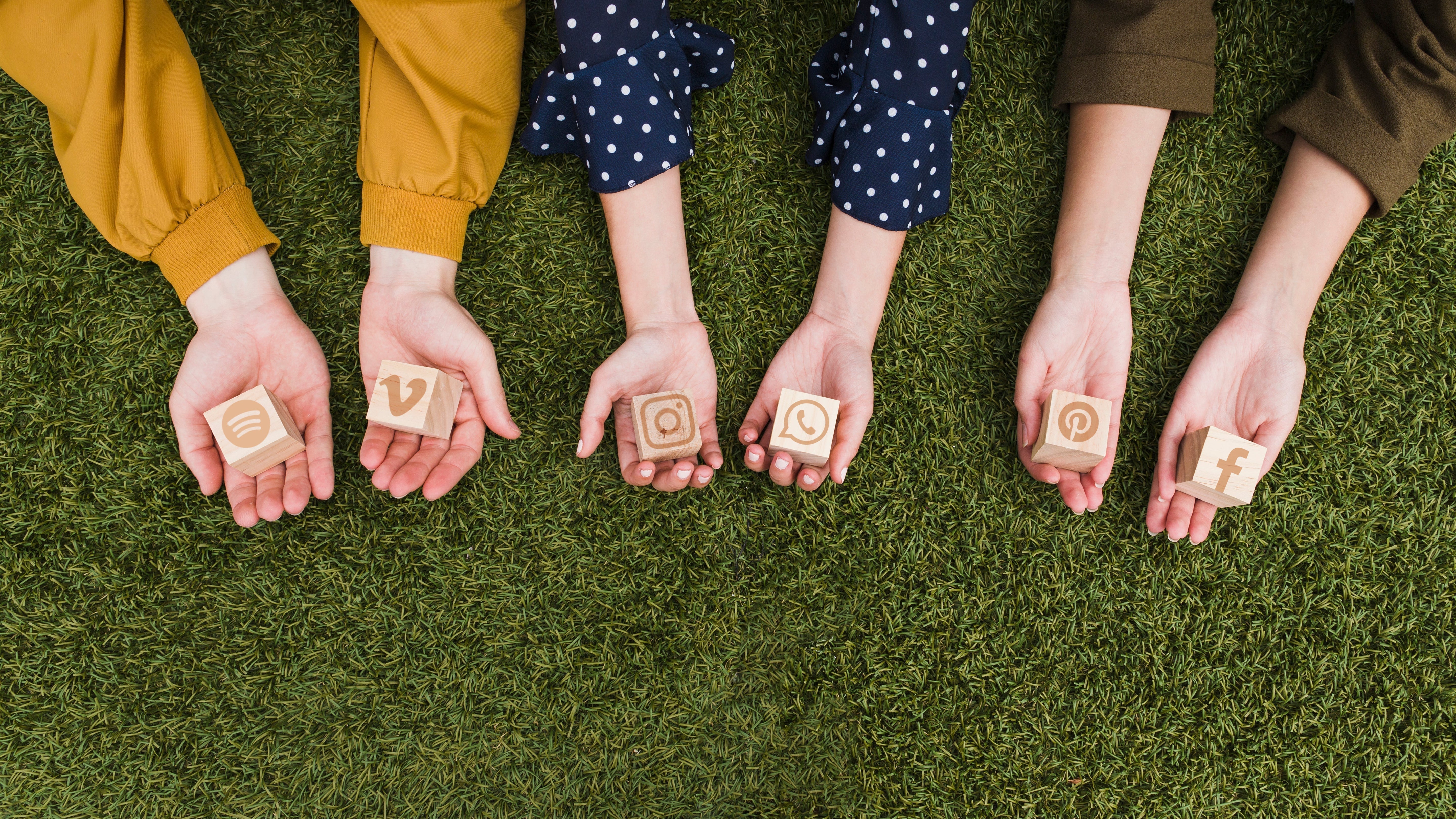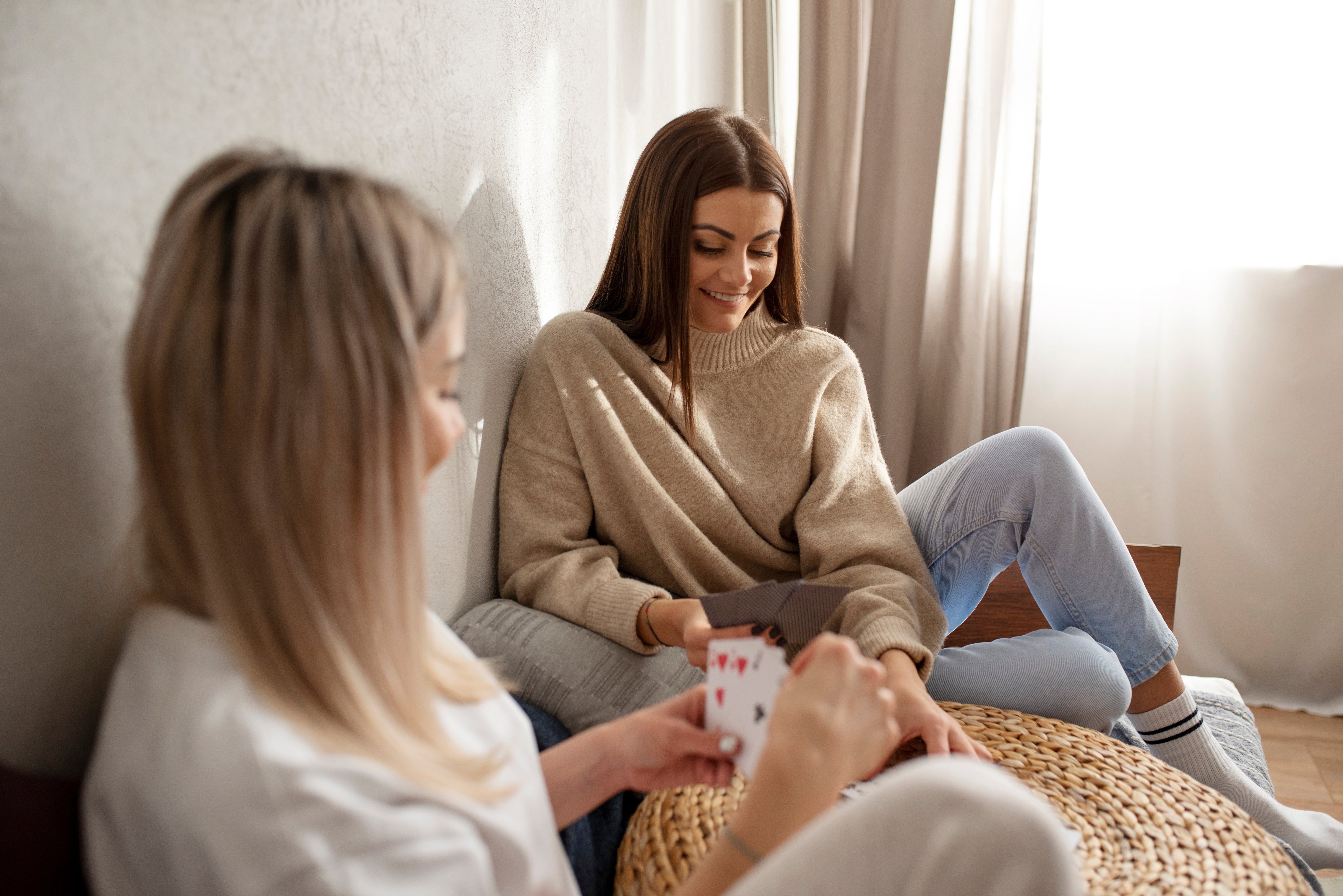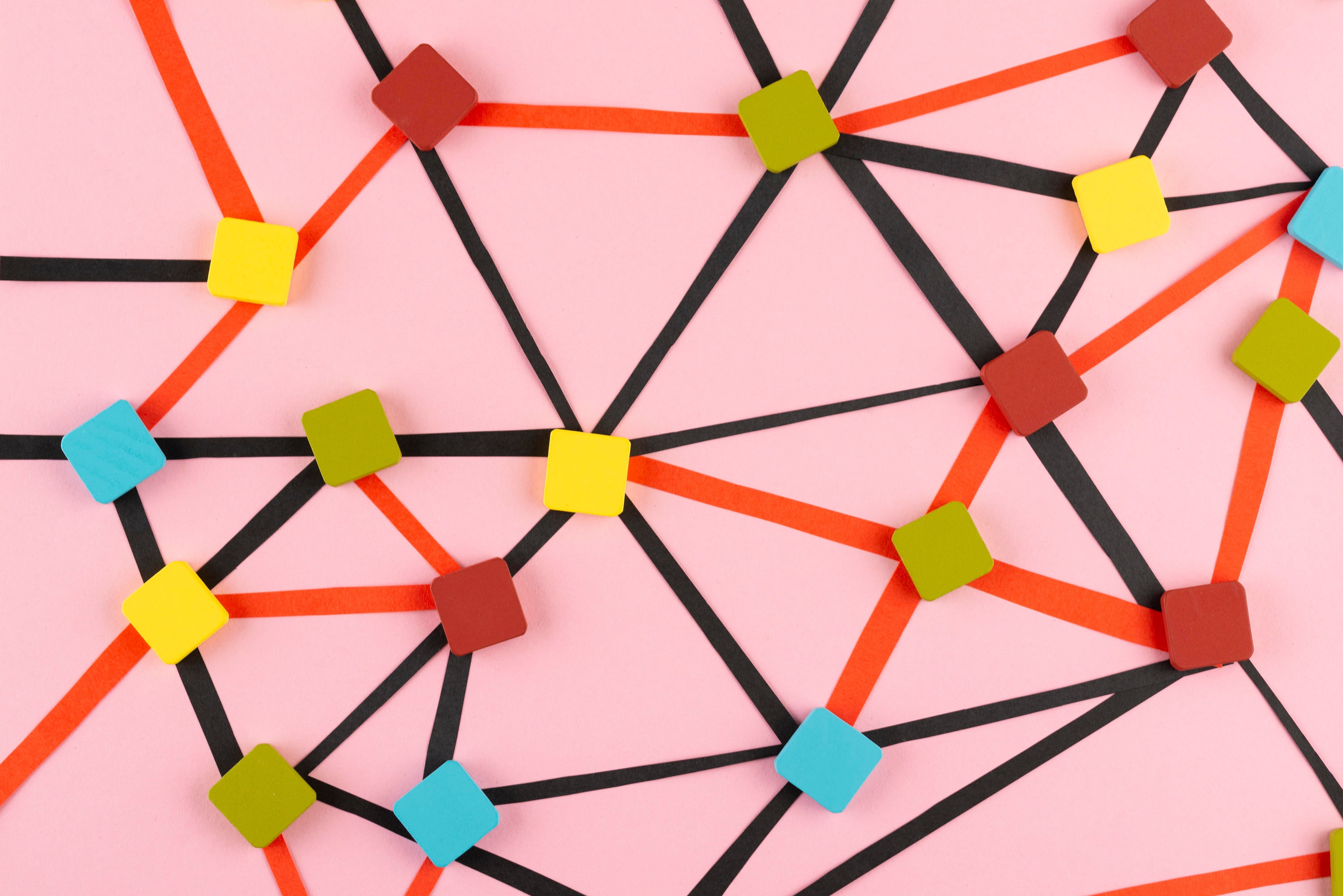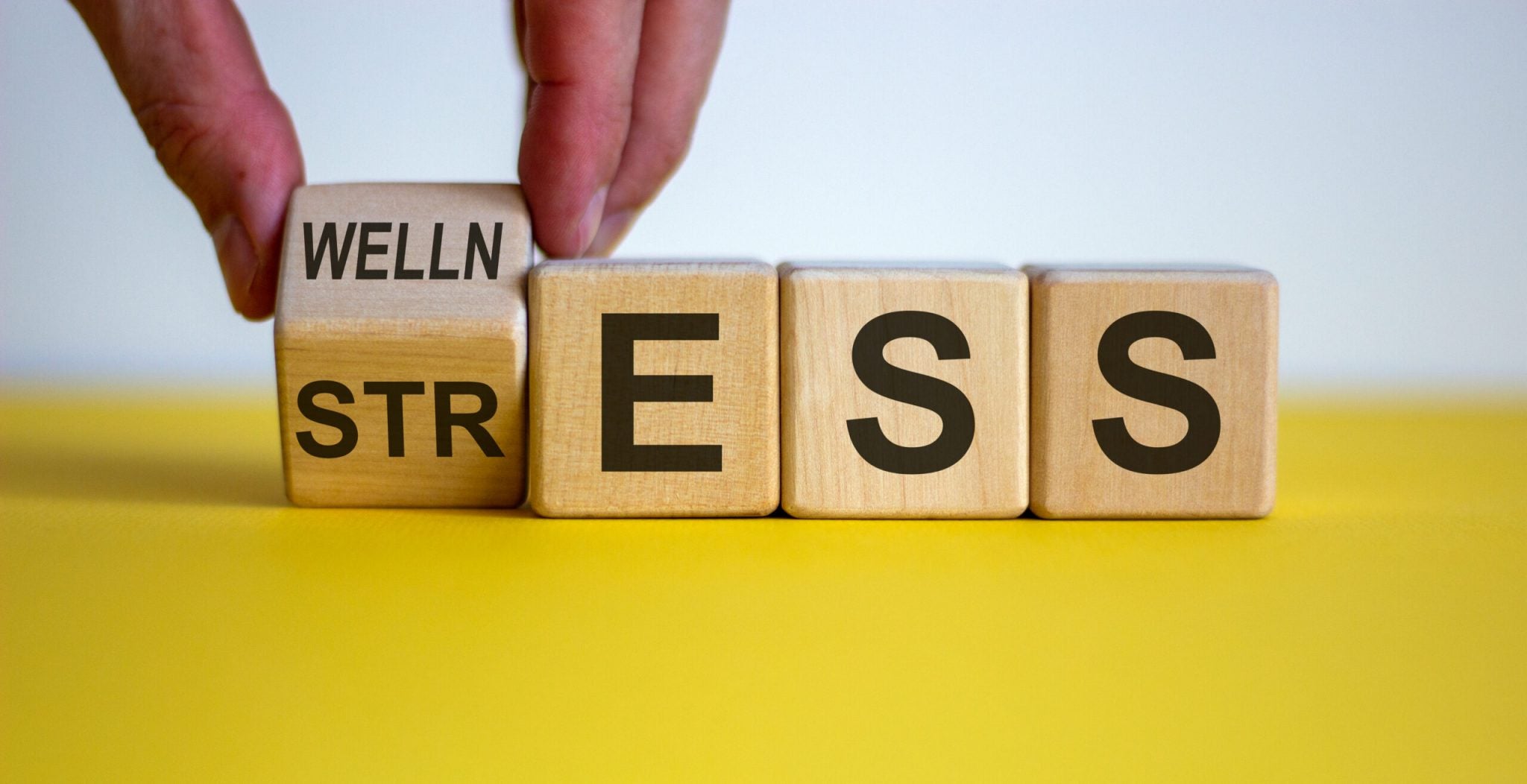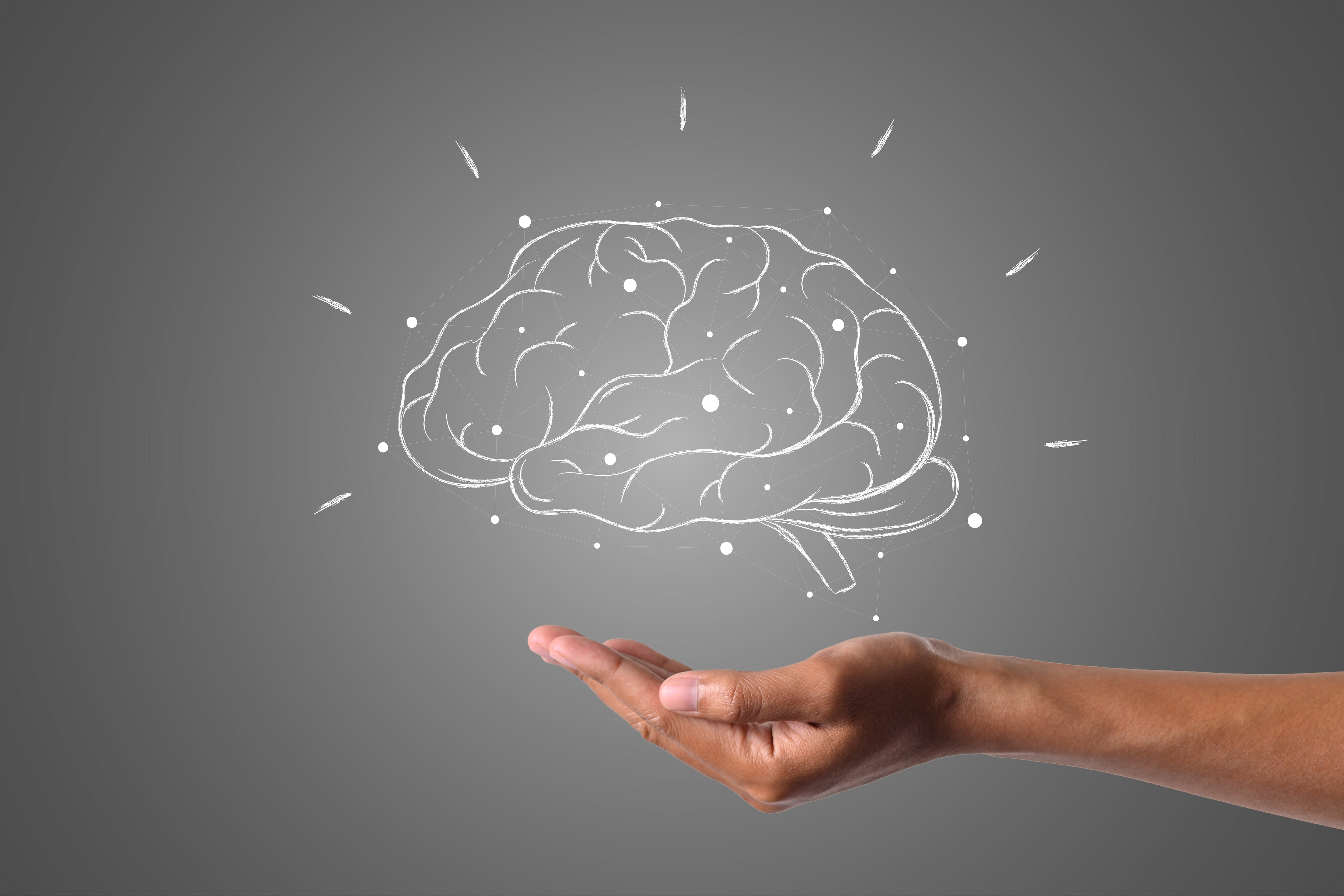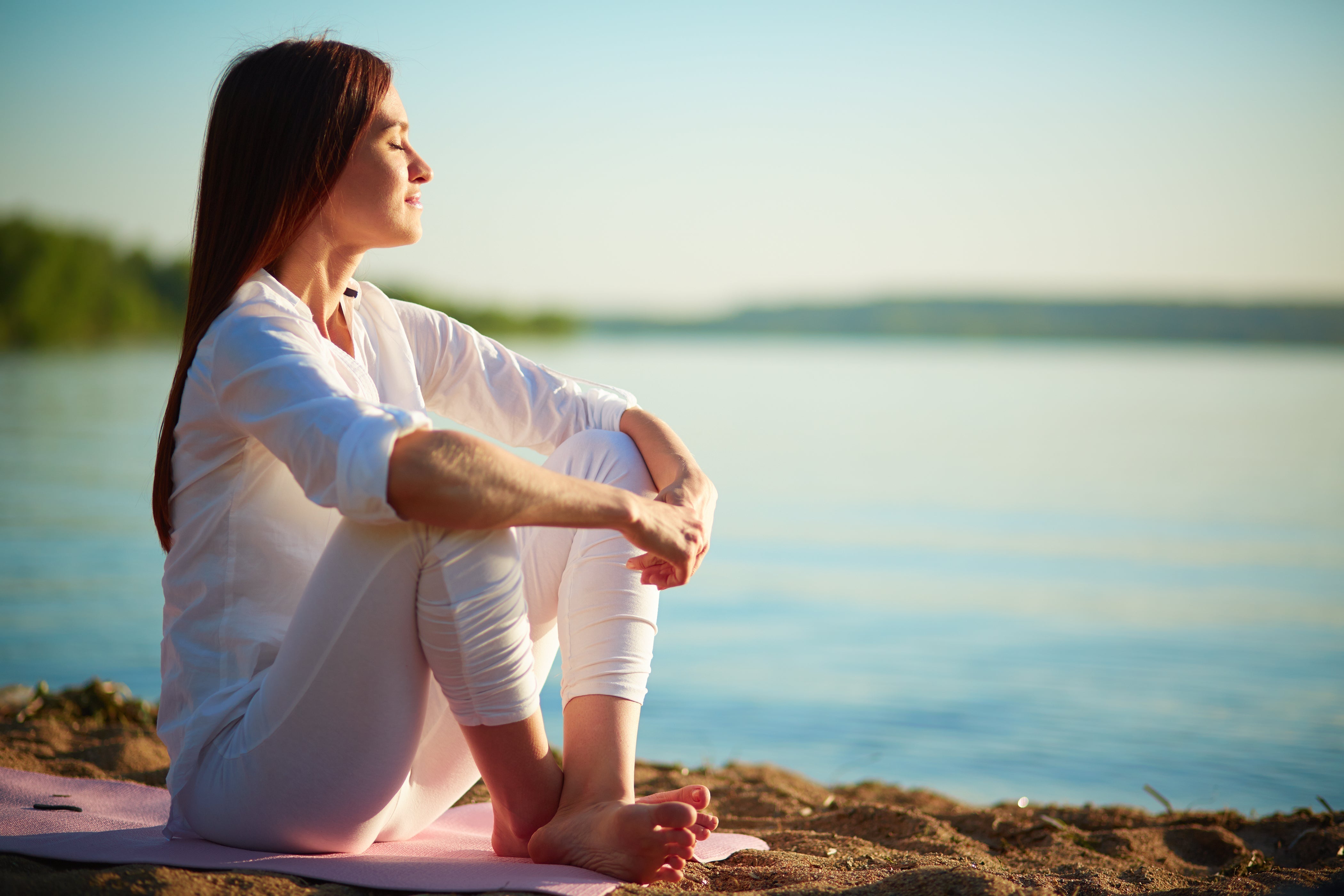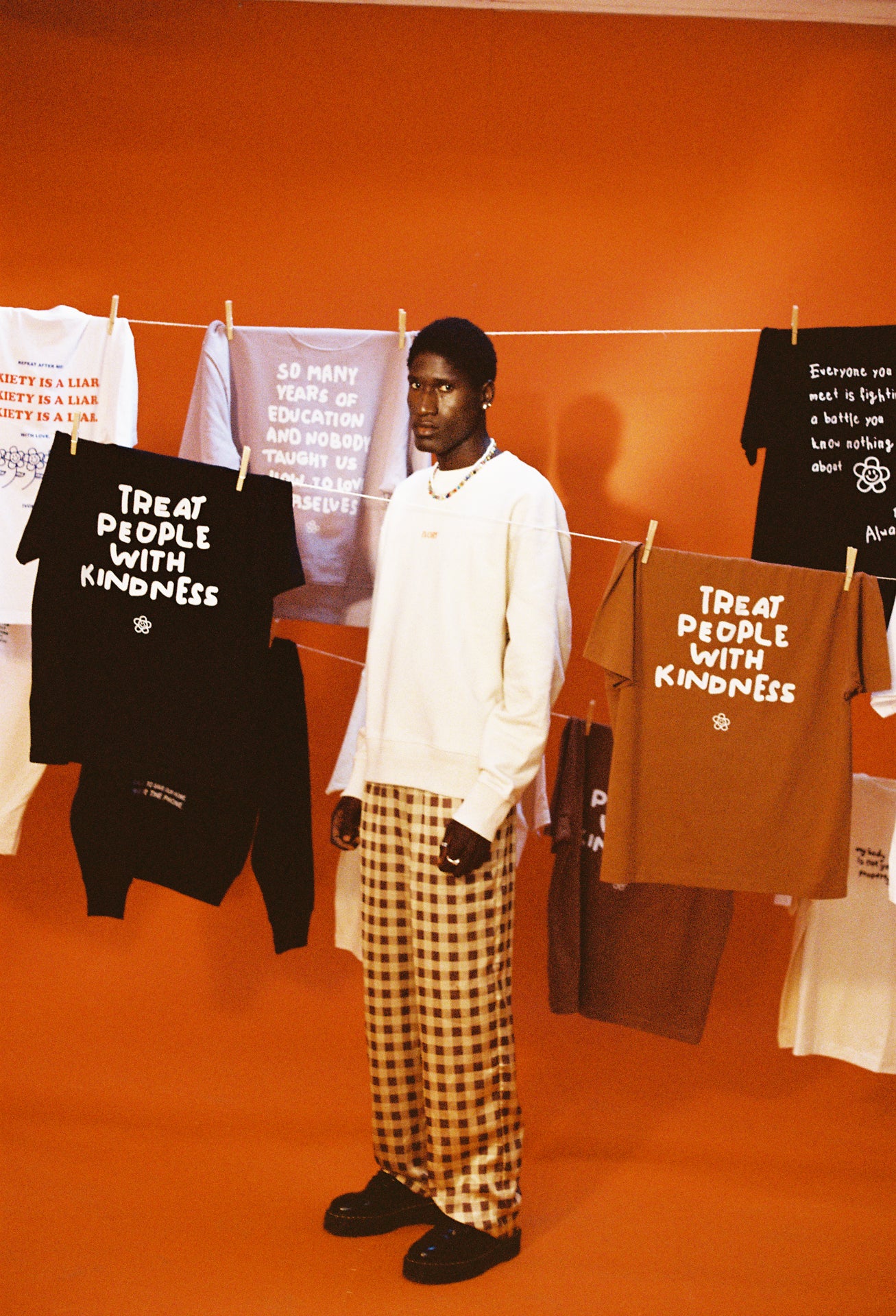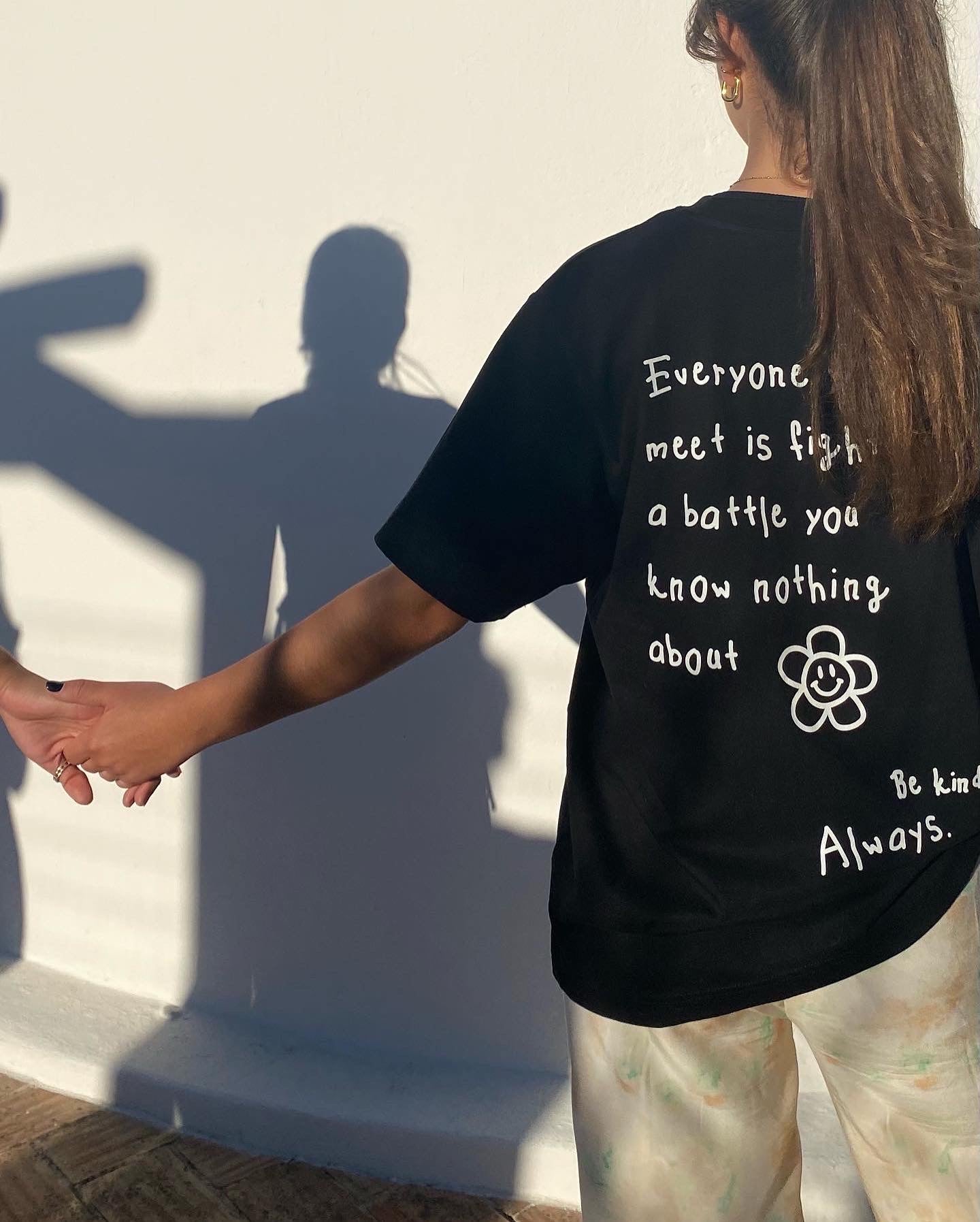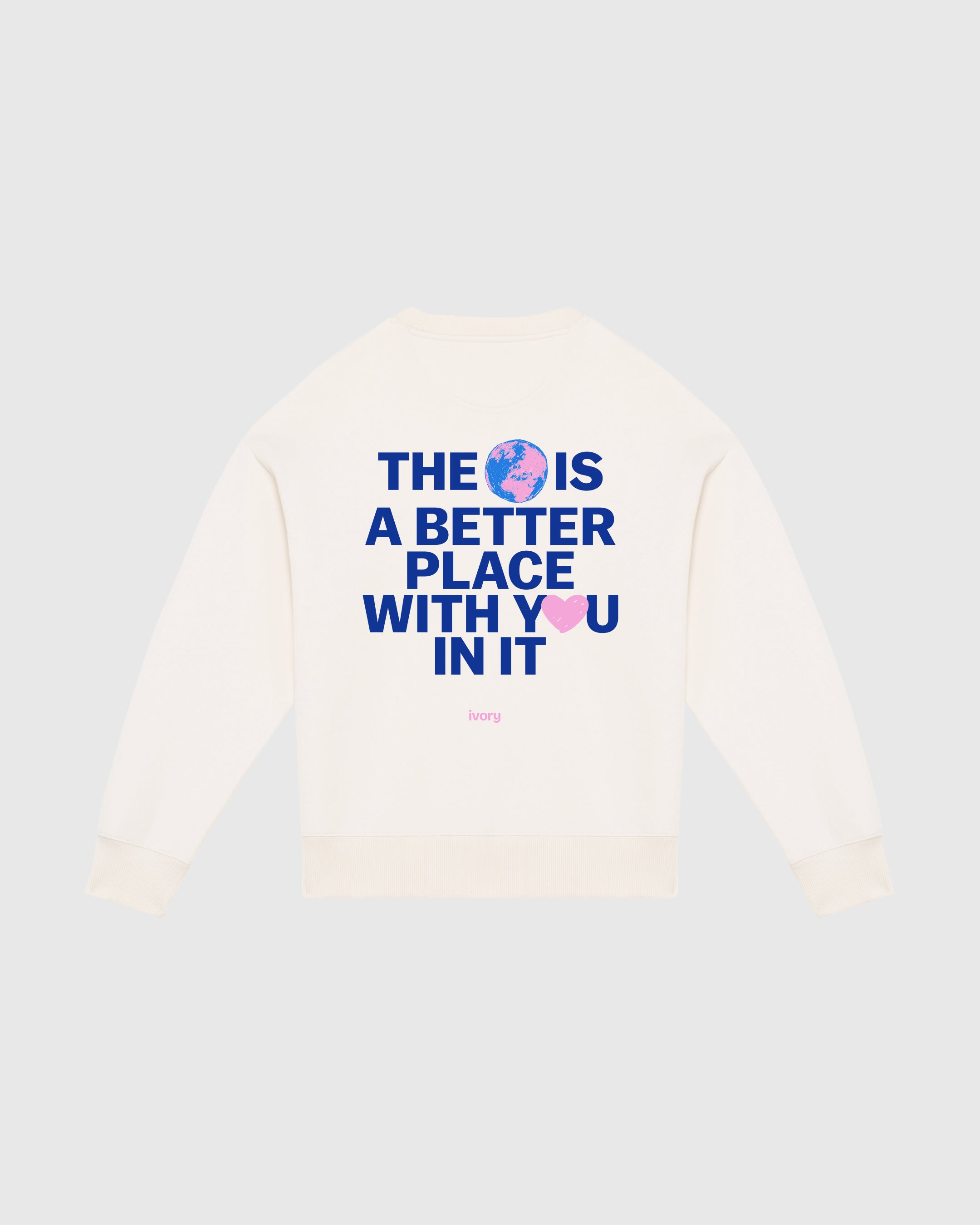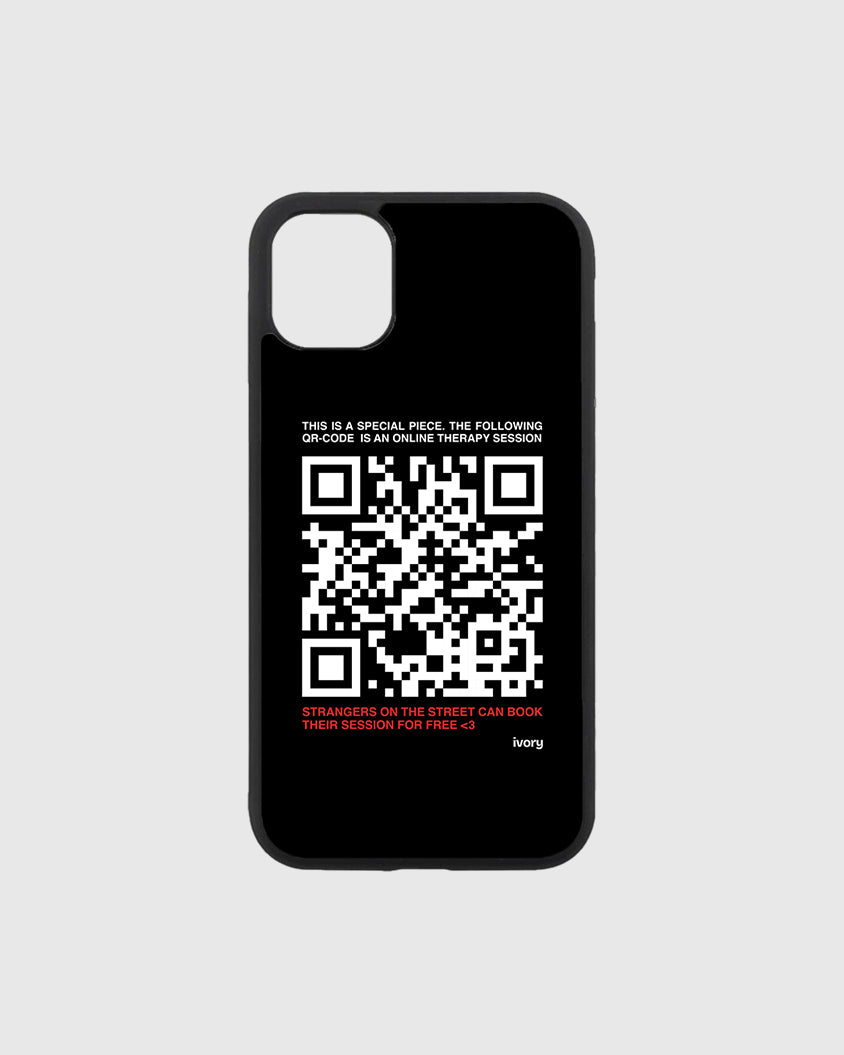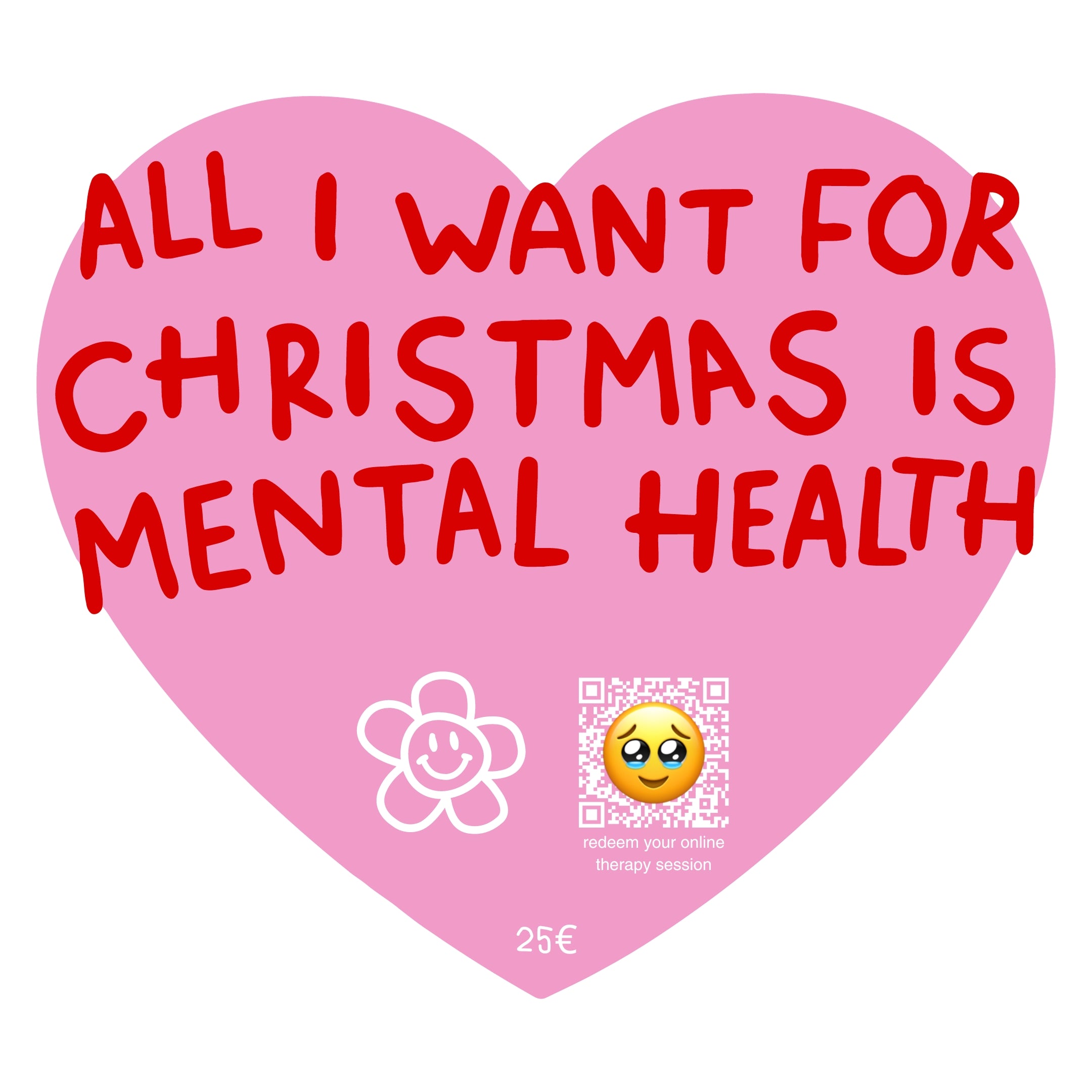The experience and perception of the world, of ourselves and others is starting to be mediated by what we consume virtually. Screens - virtual worlds - also become a mirror to other "selves" and social networks an integral part of our daily lives, opening up a new way to social experiences, expanding the possibilities of communication (e.g., allowing us to have daily contact with family and friends who are physically distant), access to information and new knowledge, entertainment, and culture, enabling shared experiences of situations and promoting a sense of belonging to a global community. In the age of screen primacy, patterns of communication and interaction have changed, giving way to a sense of instant gratification, the immediacy of positive reinforcement, discontinuous intensity, speed, and proximity. Is it a brave new world or not?
The world intertwines. It expands and shrinks. It brings you closer and pushes you further away. It connects and disconnects. Even if their relationship - social networks and mental health - is paradoxical, at the click of a button, loneliness is overcome and isolation is generated, one identity is hidden, and many others are generated. There is also the risk of addiction (often associated with depressive symptoms and lower self-esteem) and cyber-victimization, the fear of missing out, the stress and anxiety caused by constant exposure to various stimuli, and dissatisfaction with body image. This cult of beauty is as old as the world, placed in the market of capitalism and patriarchy, which leads to its unattainability being linked to social anxiety, prejudice, inequality, and increased body dissatisfaction.
Virtual social networks are no substitute for real-life interaction. And although they are designed to bring people closer together, do they often have the desired effect? Let's think about how many hours we spend on social media every day… How many times have we been out socializing with acquaintances and/or strangers and spent more time browsing the virtual world than we spend time face-to-face? Have social networks taken precedence over moments of play or conversation? How many times using a smartphone before bed seems to have made it difficult to fall asleep?

But is technology the problem? Or rather an imbalance in its use?
Digital technologies are not only good or bad in themselves - they are tools that have potential benefits for health, but which, depending on how we use them, can also expose us to risks and dangers that compromise our physical and psychological health. Excessive consumption is associated with lower psychological well-being, but the quality of social media use is also a factor to consider in the improvement or deterioration of our mental health.

What can we do to improve our relationship with social media and promote our mental health?
- Content filter. Why am I looking at this? Why is it important to me? Selecting content that can be useful to us and discarding that which doesn't have a defined, positive purpose for us.
- Offline or "airplane mode". How many times have we stopped spending time with our friends, and family and/or doing outdoor activities to devote ourselves to social media? Maybe it's time to turn on "airplane mode" or simply not take it with us and go on an adventure "off-screen" (e.g. reading, meeting friends, doing physical or artistic activities). In addition, turning off social media notifications, and resisting the constant beeping, tapping or buzzing can help us manage our time and concentration.
- Avoid comparisons. How often do we compare ourselves, when we view beauty, wellness, and lifestyle content on social media? We spend hours scrolling, admiring "perfect" and unachievable faces, bodies, and lives, but what we see online doesn't correspond to the reality of most people. It's important to focus on real relationships.
Our health and well-being depend on our ability to interact effectively in this challenging space. Dependence on digital technologies is a reality, so if reducing their use is still difficult for us or causes us suffering, Ivory's psychologists can help!
What we see and do online has an impact on our offline lives. Let's not forget that in cyberspace or out of it, our health matters. Our well-being matters.

